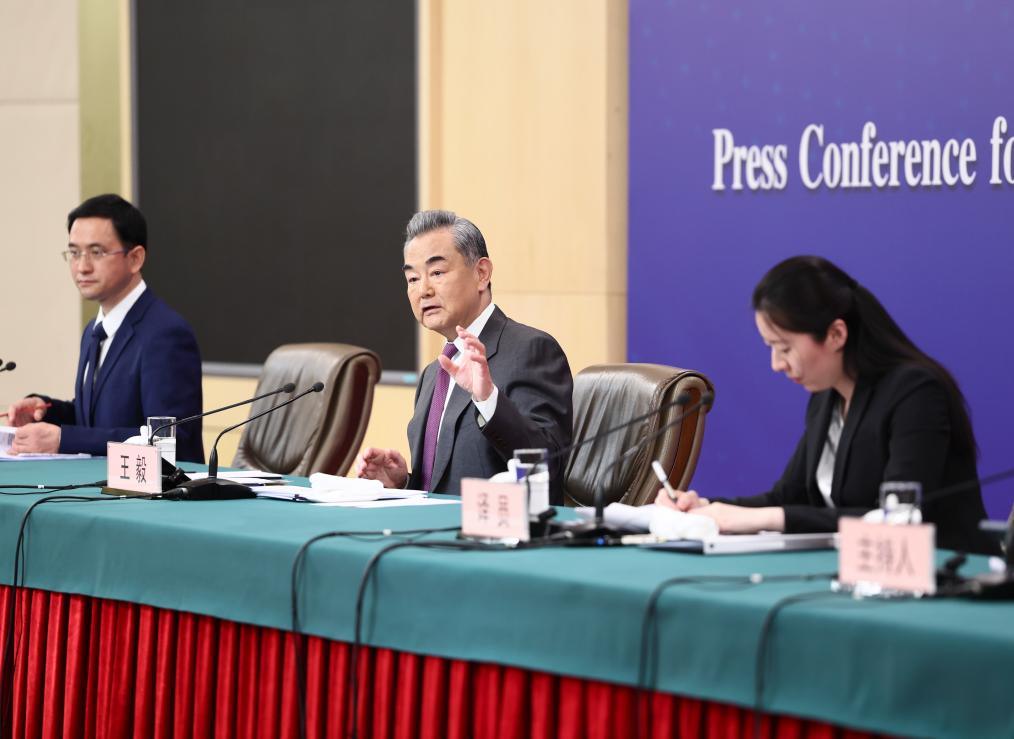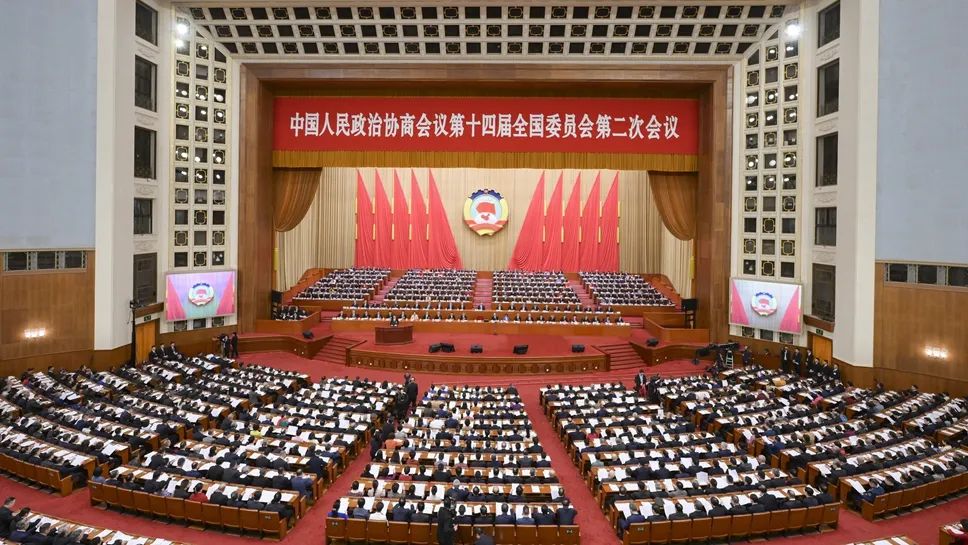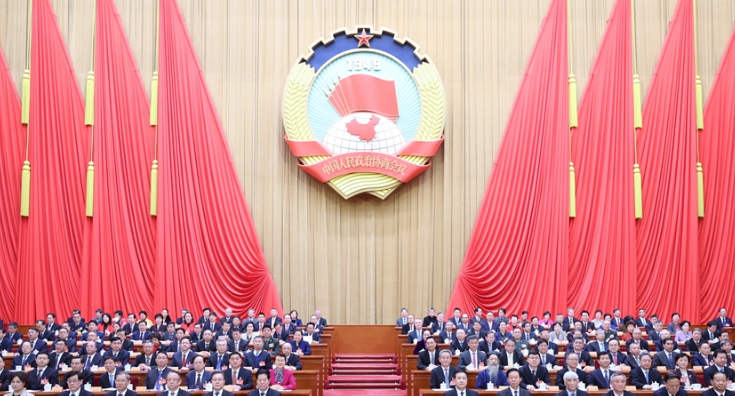CATTI-题库-真题-模拟-课程-直播
 纽约时报
纽约时报
 2012-10-18
2012-10-18
 纽约时报
纽约时报
 519次
519次

Last year the journal Nature reported an alarming increase in the number of retractions of scientific papers — a tenfold rise in the previous decade, to more than 300 a year across the scientific literature.
去年《自然》杂志(Nature)报道称,学术论文撤稿数在近十年激增十倍之多,每年撤销的科研论文超过300篇。
Other studies have suggested that most of these retractions resulted from honest errors. But a deeper analysis of retractions, being published this week, challenges that comforting assumption.
部分研究表明,实验差错是大多数论文撤稿的原因,然而在本周发表的一篇文章对论文撤稿进行了更深入的分析,对于这种善意的假设提出了质疑。
In the new study, published in the Proceedings of the National Academy of Sciences, two scientists and a medical communications consultant analyzed 2,047 retracted papers in the biomedical and life sciences. They found that misconduct was the reason for three-quarters of the retractions for which they could determine the cause.
这篇研究报道刊登于《美国国家科学院院刊》(Proceedings of the National Academy of Sciences)。两名科学家和一位医学信息顾问选取2047篇生物医学和生命科学领域的撤稿论文,并对撤稿原因进行深入分析。结果他们发现,在所有能辨明原因的撤稿论文中,有四分之三的论文撤稿源自学术不端。
“We found that the problem was a lot worse than we thought,” said an author of the study, Dr. Arturo Casadevall of Albert Einstein College of Medicine in the Bronx.
“我们发现问题比想象中严重得多,”文章作者之一、阿图罗·卡萨德沃尔博士(Dr. Arturo Casadevall)如是说。卡萨德沃尔博士来自纽约市布朗克斯区的阿尔伯特·爱因斯坦医学院(Albert Einstein College of Medicine)。
Dr. Casadevall and another author, Dr. Ferric C. Fang of the University of Washington, have been outspoken critics of the current culture of science. To them, the rising rate of retractions reflects perverse incentives that drive scientists to make sloppy mistakes or even knowingly publish false data.
文章另一位作者是来自华盛顿大学(University of Washington)的费里克·C·方博士(Dr. Ferric C. Fang)。两位专家对当下的科研文化早有批评。在他们看来,撤稿率上升反映出科研机制的不正常——科学家在不正当的激励之下容易犯下草率错误,甚至冒险发布错误数据。
“We realized we would really like more hard data for what the reasons were for retractions,” Dr. Fang said.
“我们意识到需要更多披露撤稿原因的有力数据,”方博士表示。
They began collaborating with R. Grant Steen, a medical communications consultant in Chapel Hill, N.C., who had already published a study on 10 years of retractions. Together they gathered all the retraction notices published before May 2012 by searching PubMed, a database of scientific literature maintained by the National Library of Medicine.
他们与医学信息顾问R·格兰特·斯蒂恩博士(R. Grant Steen)合作,在美国国家医学图书馆(National Library of Medicine)维护的PubMed数据库中搜索2012年5月前发布的撤稿通知。斯蒂恩博士来自北卡罗来纳大学教堂山分校(Chapel Hill, N.C.),之前发表过文章分析近十年的撤稿事件。
“I guess our O.C.D. kicked in and we started trying to look at every paper we could look at,” Dr. Fang said.
“我们大概是强迫症发作,所以才会开始逐篇分析撤稿论文,”方博士说。
The researchers analyzed the reasons for retractions cited by the scientific journals. But they also looked beyond the journals for the full story.
他们分析学术期刊引用的撤稿论文原因,同时也会全方位查找问题根源。
In the mid-2000s, for example, Boris Cheskis, then a senior scientist at Wyeth Research, and his colleagues published two papers on estrogen. Later, the scientists retracted both papers, explaining that some of the data in them were “unreliable.” In 2010, the Office of Research Integrity at the federal Department of Health and Human Services ruled that Dr. Cheskis had engaged in misconduct, having falsified the figures.
举例来说,博里斯·切斯基(Boris Cheskis)曾在任惠氏制药公司(Wyeth Research)资深科学家时,分别于2002年和2007年,与同事联合发表两篇有关雌激素信号转导机制的文章。他们随后要求撤回两篇文章,理由是文中部分数据“不可靠”。2010年,美国卫生和公众服务部(Department of Health and Human Services)下属机构——科研诚信办公室(Office of Research Integrity)判定切斯基博士伪造实验数据,存在学术不端行为。
Dr. Cheskis settled with the government. Although he neither accepted nor denied the charges, he agreed not to serve on any advisory boards for the United States Public Health Service and agreed to be supervised on any Public Health Service-financed research for two years.
切斯基博士最终与政府达成和解。他既不接受,也不否认上述指控,但是他同意不加入美国公共卫生署的任何顾问团,并且愿意在两年内在参加所有公共卫生署资助的研究时接受监督。
Neither of the notices for the two retracted papers has been updated to reflect the finding of fraud. Dr. Cheskis could not be reached for comment.
两篇文章的撤销报告并未指出存在欺骗行为。我们也无法联系切斯基博士本人对此作出评论。
Dr. Fang and his colleagues dug through other reports from the Office of Research Integrity, as well as newspaper articles and the blog Retraction Watch. All told, they reclassified 158 papers as fraudulent based on their extra research.
方博士和同事深入研究科研诚信办公室的其他报告,同时查看相关新闻和“Retraction Watch”博客的跟踪报道(此博客专门监视论文撤稿的情况,调查学术不端的行为——译注)。经过他们的深入研究,他们把总计158篇论文的撤稿原因重新归类,列为“学术不端”文章。
“We haven’t seen this level of analysis before,” said Dr. Ivan Oransky, an author of Retraction Watch and the executive editor at Reuters Health. “It confirms what we suspected.”
“我们从未见过如此高水平的分析,”伊万·奥兰斯基博士(Dr. Ivan Oransky)表示。“它证实了我们的猜想。”奥兰斯基是“Retraction Watch”博客的作者,也是路透社健康版块的执行编辑。
Dr. Oransky said he expected the rise to continue in the near future. He and his co-author, Adam Marcus, have been scrambling to keep up with new cases of fraud.
奥兰斯基博士预测论文撤稿率将在未来持续增长。学术欺骗行为层出不穷,令他和搭档亚当·马库斯(Adam Marcus)疲于应付。
In July, for example, the Japanese Society of Anesthesiologists reported that Dr. Yoshitaka Fujii had falsified data in 172 papers. Most of those papers have yet to be officially retracted. “They’re headed for the fraud pile,” Dr. Oransky said.
今年七月,日本麻醉科学会公布了麻醉学专家藤井善隆(Yoshitaka Fujii)在172篇论文中伪造数据的消息,其中大部分论文还未被正式撤销。“他们将着手调查这些伪造论文,”奥兰斯基说道。
Dr. Benjamin G. Druss, a professor of health policy of Emory University, said he found the statistics in the paper to be sound but added that they “need to be kept in perspective.” Only about one in 10,000 papers in PubMed have been officially retracted, he noted. By contrast, 112,908 papers have had published corrections.
埃默里大学(Emory University)卫生政策系教授本杰明·G·德鲁斯博士(Benjamin G. Druss)说,他认为论文中数据合理,随后又补充它们“有待查证”。他指出PubMed数据库中的论文撤稿率仅为万分之一,相比之下,该数据库中共有112908篇论文已经刊出修正版。
Dr. Casadevall disagreed. “It convinces me more that we have a problem in science,” he said.
卡萨德沃尔对此持有异议。“这让我益发确信,我们的科研领域存在问题。”他强调道。
While the fraudulent papers may be relatively few, he went on, their rapid increase is a sign of a winner-take-all culture in which getting a paper published in a major journal can be the difference between heading a lab and facing unemployment. “Some fraction of people are starting to cheat,” he said.
卡萨德沃尔继续说,就算存在欺骗行为的论文只是少数,撤稿率的攀升体现出科研领域赢家至上的文化。能否在重要期刊上发表文章,这将决定你是掌管实验室,还是面临失业。“于是某些人开始造假,”他告诉我们。
Better policing techniques, like plagiarism-detecting software, might help slow the rise in misconduct, Dr. Casadevall said, but the most important thing the scientific community can do is change its culture.
卡萨德沃尔继而指出,更好的监测技术,比如剽窃测试软件,也许有助于遏制学术不端行为,但是改变文化才是科学界需要做的头等大事。
“I don’t think this problem is going to go away as long as you have this disproportionate system of rewards,” he said.
“只要这种不恰当的奖励体制存在,问题就不会消失。”卡萨德沃尔博士表示。

 点赞(0)
点赞(0)

 收藏
收藏

3月7日,十四届全国人大二次会议在北京梅地亚中心新闻发布厅举行记者会。中共中央政治局委员、外交部长王毅就中国外交政策和对外关系相关问题回答中外记者提问。
新华网&CGTN 2024-03-07 15:18:50
 收藏资讯
收藏资讯

根据会议议程,国务院总理李强代表国务院向大会作政府工作报告。报告共分三个部分:一、2023年工作回顾;二、2024年经济社会发展总体要求和政策取向;三、2024年政府工作任务。
新华网&CGTN 2024-03-05 20:56:56
 收藏资讯
收藏资讯

2023年是全面贯彻落实中共二十大精神的开局之年。以习近平同志为核心的中共中央团结带领全党全国各族人民,坚持稳中求进工作总基调,接续奋斗、砥砺前行,坚决克服内外困难,全面深化改革开放,新冠疫情防控平稳转段,高质量发展扎实推进,科技创新实现新突破,安全发展基础巩固夯实,民生保障有力有效,经济社会发展主要预期目标圆满完成,社会大局保持稳定,全面建设社会主义现代化国家迈出坚实步伐,极大增强了全国各族人民信心和底气。
新华网&CGTN 2024-03-05 18:18:43
 收藏资讯
收藏资讯

女士们、先生们,各位媒体朋友们,下午好!现在举行全国政协十四届二次会议新闻发布会。我们今天的发言人是全国政协十四届二次会议副秘书长兼新闻发言人刘结一先生。我是全国政协十四届二次会议副秘书长邹加怡,今天的新闻发布会由我来主持。坐在左边的这位是全国政协办公厅新闻局局长周北川先生,他会协助我点请记者朋友提问。下面,先请刘结一先生介绍全国政协十四届二次会议的总体安排,之后请媒体朋友们提问。
新华网&CGTN 2024-03-05 18:05:30
 收藏资讯
收藏资讯